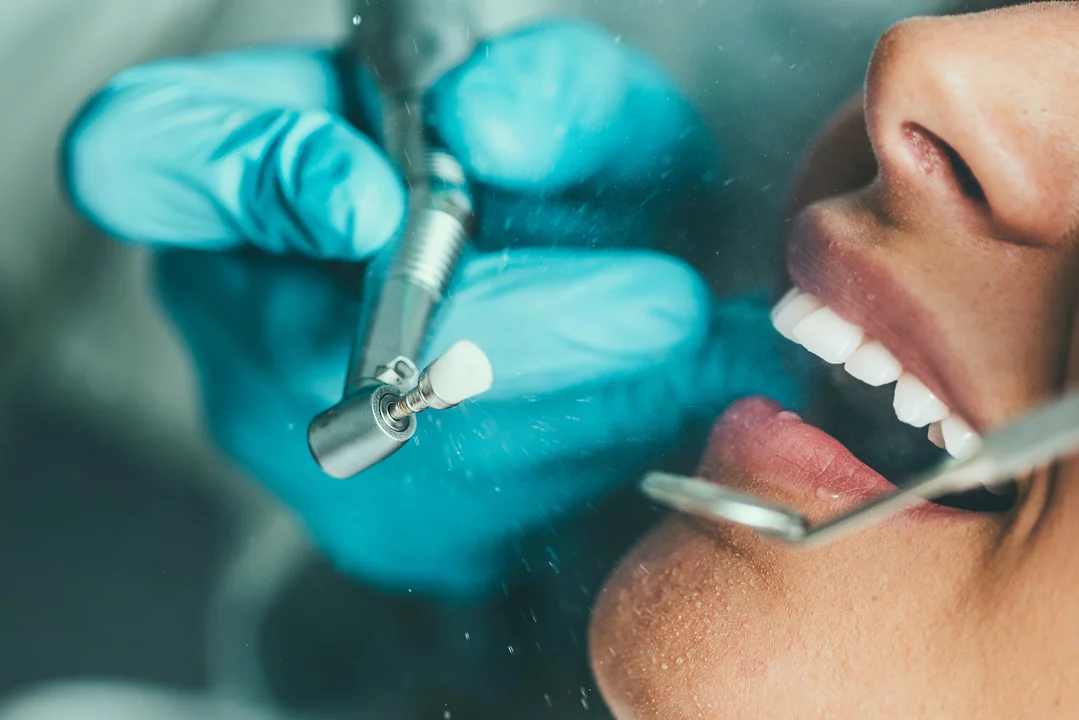Dental emergencies: Quick actions that can save your tooth
A dental emergency rarely waits for office hours. Knowing what to do in the first hour can change the outcome. This guide gives clear, practical steps for common dental crises.
Knocked-out tooth: find the tooth, hold it by the crown, rinse gently with water—do not scrub the root. If possible reinsert it into the socket and bite on gauze to hold it in place. If you cannot reinsert, store the tooth in milk or saliva and get to a dentist fast—ideally within an hour.
Severe toothache: rinse the mouth and floss around the sore tooth to remove trapped debris. Take an over-the-counter painkiller like ibuprofen, following the label, and use a cold pack on the outside of the cheek. If pain comes with fever, swelling, or trouble breathing, go to the emergency room.
Broken or cracked tooth: save any pieces and rinse your mouth with warm water. A cold compress eases swelling; avoid chewing on that side. See a dentist same day for repairs or a temporary crown.
Lost filling or crown
If a filling or crown falls out, save it and clean the tooth gently. Temporary dental cement from a pharmacy can protect the tooth until your dentist fits a new restoration.
Soft tissue injuries and bleeding
For cuts to the lip, tongue, or gums, apply firm pressure with clean gauze for 10 to 15 minutes to stop bleeding. If bleeding does not slow, or if you have numbness or heavy swelling, seek emergency care.
Swelling and infection: a warm saltwater rinse helps and can reduce bacteria temporarily. Antibiotics may be needed for severe infections; only a doctor should prescribe them. If swelling spreads to the neck or causes difficulty breathing, get to the ER right away.
Foreign object stuck between teeth: try gentle flossing. Don’t poke with sharp tools. If you cannot remove it, call your dentist to avoid damaging gums or enamel.
Broken jaw or severe facial injury needs immediate ER care and may require imaging and surgery. Keep the head elevated and avoid moving the person if you suspect a fracture.
Simple prevention tips: wear a mouthguard for sports, maintain regular dental checkups, and address cavities early. Keep a small kit with gauze, dental wax, temporary cement, and painkillers in case of emergencies.
If you have kids, keep emergency numbers handy and teach them to seek an adult after a fall. For older adults on blood thinners, mention the medication to the dentist because bleeding can be heavier. Never place painkillers directly on a tooth or gum; swallow them as directed. Avoid smoking after injury because it slows healing. If you suspect an abscess, avoid poking it; abscesses need professional drainage and antibiotics. Calling your dentist early often avoids extra procedures and reduces pain.
Keep receipts and photos for insurance or worker's comp if the injury happened at work soon.
When in doubt, call your dentist. Quick action and simple care often protect teeth and stop complications.
Prophylaxis and Dental Emergencies: How Preventive Care Can Save Your Teeth

As a blogger, I've discovered the importance of prophylaxis and preventive dental care in avoiding dental emergencies. Regular cleanings and checkups can help identify potential issues before they become serious problems. By practicing good oral hygiene, such as brushing and flossing daily, we can prevent most dental emergencies from occurring. In fact, investing in preventive care can ultimately save our teeth and avoid expensive treatments down the line. So, let's prioritize our dental health and make sure to schedule those all-important checkups and cleanings.
- May 12 2023
- Tony Newman
- 5 Comments
